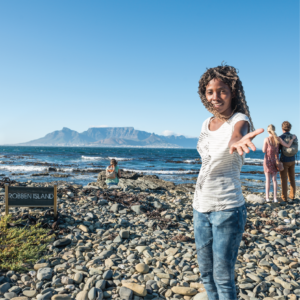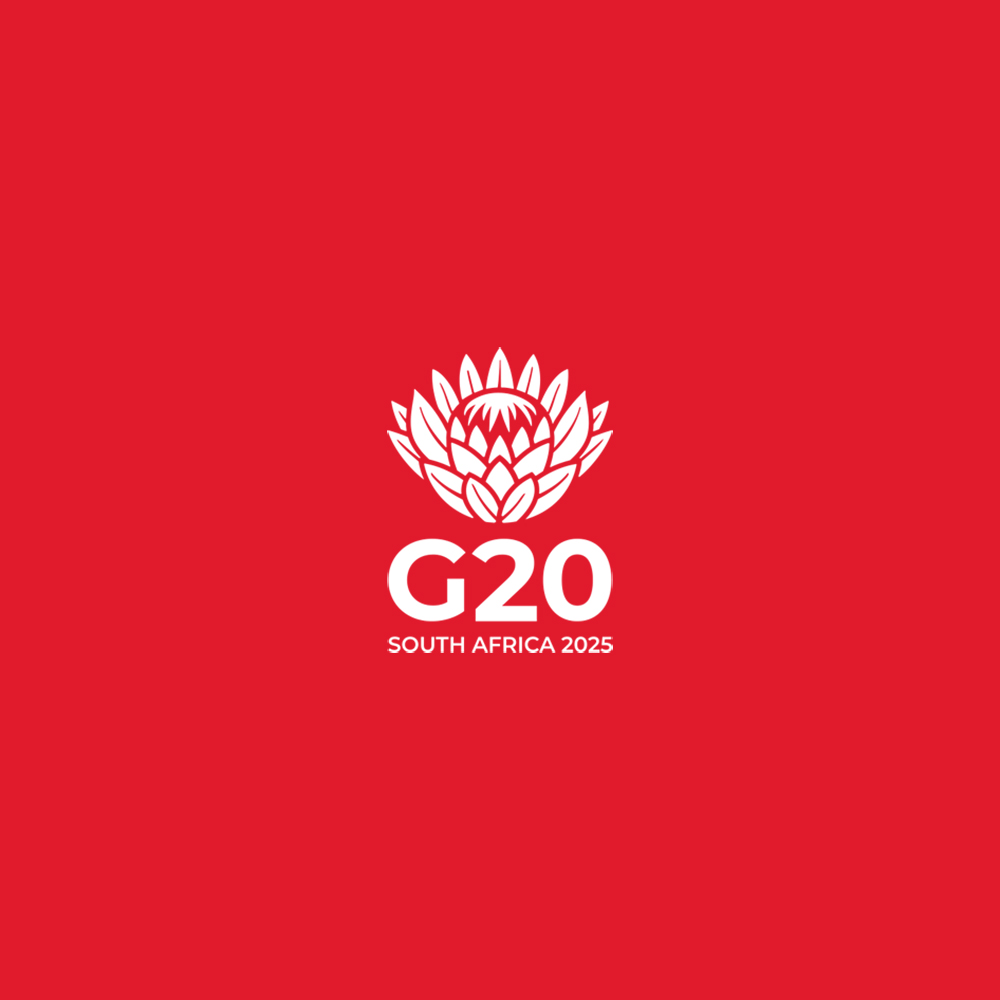Focus:
Recognising the synergies between culture and other policy areas and considering the impact of culture, cultural heritage and the creative economy on the economic, social and environmental dimensions of development, the group aims to strengthen international cooperation and collaboration to support cultural and creative industries.
Priorities:
- Priority 1: Safeguarding and restoration of cultural heritage.
- Priority 2: Integrating cultural policies with socio-economic strategies to ensure holistic and inclusive development.
- Priority 3: Digital economies and the protection and promotion of the creative industries.
- Priority 4: Protection and conservation of heritage, indigenous knowledge and digitisation.
Deliverables:
Priority 1:
- Encourage member states to develop national as well as regional platforms where law enforcement and heritage practitioners can share information and work together to fight against theft and illicit trafficking of cultural property.
- Develop international awareness campaigns to create awareness on the importance of protecting cultural heritage.
- Develop international workshops for law enforcement officials to inform police and customs on the importance of heritage objects, ways to identify objects of significance and best practices in the event that such objects are found and need to be handled and stored.
- Develop international workshops for heritage. practitioners on reporting procedures, best practices in the event of theft and ways to ensure more effective security practices.
- Encourage member states to strengthen domestic legal frameworks on the fight against illicit trafficking of cultural goods. Strong legal frameworks and international cooperation are essential components of sustainable development.
Priority 2:
- A more culturally sensitive approach to development can assist in addressing development challenges in an innovative and multi-sectoral manner. Although for this integration to be possible, there needs to be clear objectives, definitions, mechanisms, and monitoring and evaluation systems. Better articulation of a shared agenda can help avoid gaps in achieving agreed-upon goals and reduce the inadequacy of universal policies to development, particularly in the cultural context.
- Within the context of the G20, there needs to be an emphasis on capitalising on the cultural sector’s contribution to socioeconomic development and poverty reduction and integrating culture into governance while protecting cultural rights and resources. These approaches, if developed properly, can serve as a powerful socio-economic resource.
Priority 3:
- Develop a calendar of existing festivals, exchange programmes, artistic-cultural residencies in the G20 countries to expand the promotion of dialogue.
- Host a G20 side event in the format of a seminar on research and lessons learnt from other countries on the successes of the digital economy.
- Develop clusters of excellence or form councils of excellence which will constitute the implementation of strategies and policies.
Priority 4:
- Encourage international training programmes in the preservation and conservation of heritage objects.
- Encourage accreditation systems of museums among G20 member states to ensure that best practices are always adhered to.
- Encourage awareness and community participation internationally in the protection of indigenous knowledge.
- Encourage digitisation, not only for the sake of conservation, but also for the dissemination of information.
- Strengthen North-South and South-South cooperation and engage in bilateral negotiations on heritage restitution.
- Encourage governments to commit resources to support heritage restitution demands.
- Mobilise public awareness for holding countries to return African heritage and cultural property.






























